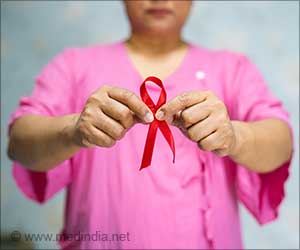Eating large amounts of meat and dairy products may increase the risk of prostate cancer, a new research has found.
A new research has discovered that consumption meat and dairy products in large quantities ups the risk of prostate cancer.
The foods raise the levels of a hormone in the body, called Insulin-like Growth Factor-1, which can spur on tumor growth, according to a new study.To reach the conclusion, a University of Oxford team examined the results of 12 studies, featuring a total of nearly 9,000 men.
They found men with high blood levels of IGF-1 were up to 40percent more likely to develop prostate cancer than those with low levels.
The study has been published in the journal Annals of Internal Medicine.
IGF-1 plays a key role in the growth and development of children and adolescents. While in adults, it continues to regulate cell growth and death, but it can also inhibit the death of cells, which have come to the end of their natural life cycle.
Lead researcher Dr Andrew Roddam said the degree to which diet influenced IGF-1 levels was unclear.
Advertisement
"There is a need to identify risk factors for prostate cancer, especially those which can be targeted by therapy and/or lifestyle changes," BBC quoted Dr Roddam, as saying.
Dr Roddam said raised levels of IGF-1 were likely not only to increase the risk of developing prostate cancer, but also to aid the spread of tumors.
Research shows that cells fed IGF-1 grow much more quickly.
However, Dr Roddam said there was no evidence to suggest that measuring IGF-1 levels could be used to develop a new test to screen for prostate cancer.
Source-ANI
TAN






![Prostate Specific Antigen [PSA] Prostate Specific Antigen [PSA]](https://www.medindia.net/images/common/patientinfo/120_100/prostate-specific-antigen.jpg)







